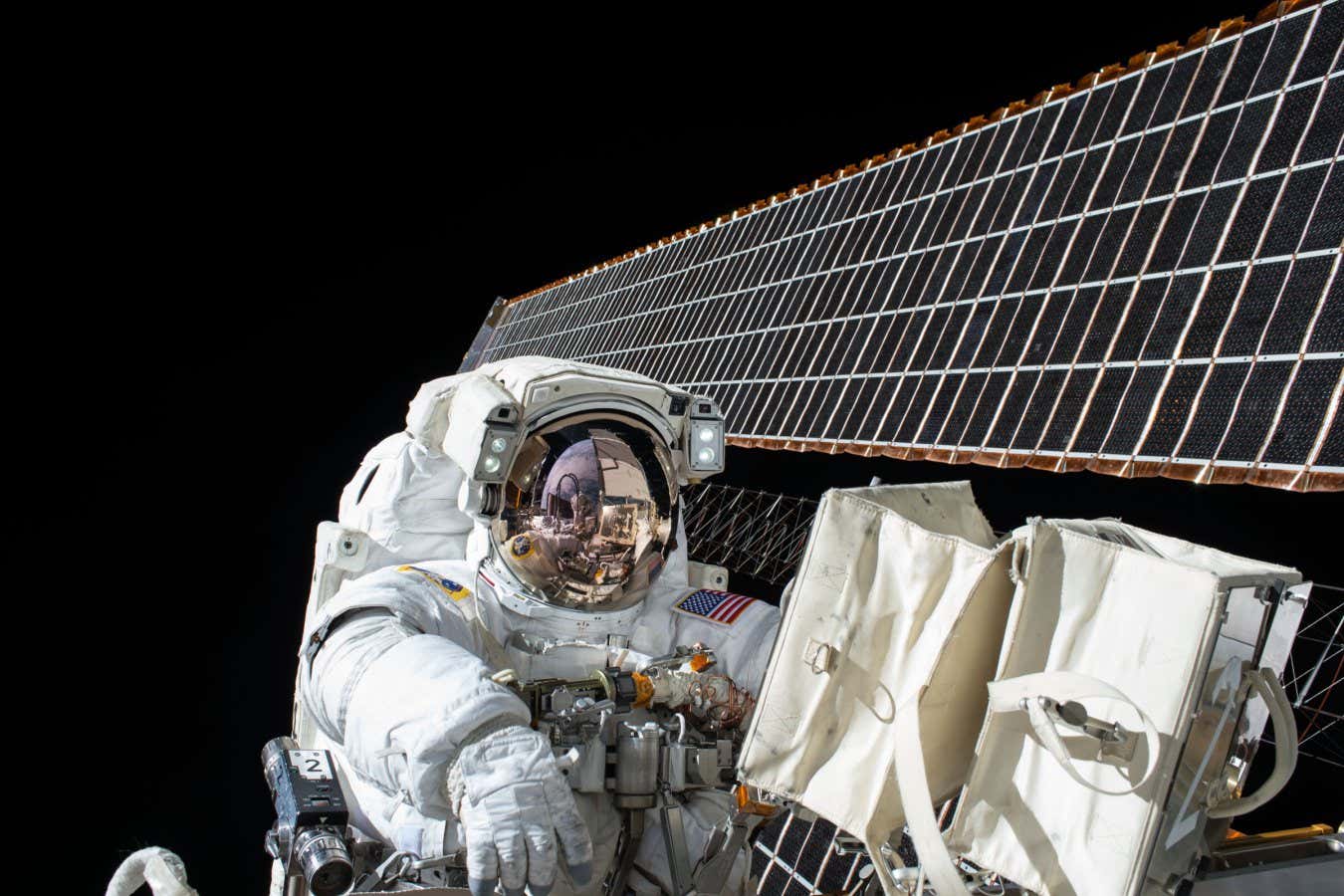The effects of being in space can worsen an astronaut’s working memory, processing speed and attention – which could be a problem for future missions
By Alex Wilkins
20 November 2024
There is a lot to keep track of when working in space
NASA
Astronauts aboard the International Space Station (ISS) had reduced memory, attention and processing speed after six months, raising concerns about the impact of cognitive impairment on future space missions to Mars.
The extreme environment of space, with reduced gravity, harsh radiation and the lack of regular sunrises and sunsets, can have dramatic effects on astronaut health, from muscle loss to an increased risk of heart disease. However, the cognitive effects of long-term space travel are less well documented.
Read more
Inside NASA’s ambitious plan to bring the ISS crashing back to Earth
Advertisement
Now, Sheena Dev at NASA’s Johnson Space Center in Houston, Texas, and her colleagues have looked at the cognitive performance of 25 astronauts during their time on the ISS.
The team put the astronauts through the same set of 10 tests both on Earth and on the ISS. These were repeated once before, twice during and twice after the mission, within 10 and 30 days of landing. These tests measured certain cognitive capacities, such as finding patterns on a grid to test abstract reasoning or choosing when to stop an inflating balloon before it pops to test risk-taking.
The researchers found that the astronauts took longer to complete tests measuring processing speed, working memory and attention on the ISS than on Earth, but they were just as accurate. While there was no overall cognitive impairment or lasting effect on the astronauts’ abilities, some of the measures, like processing speed, took longer to return to normal after they came back to Earth.
